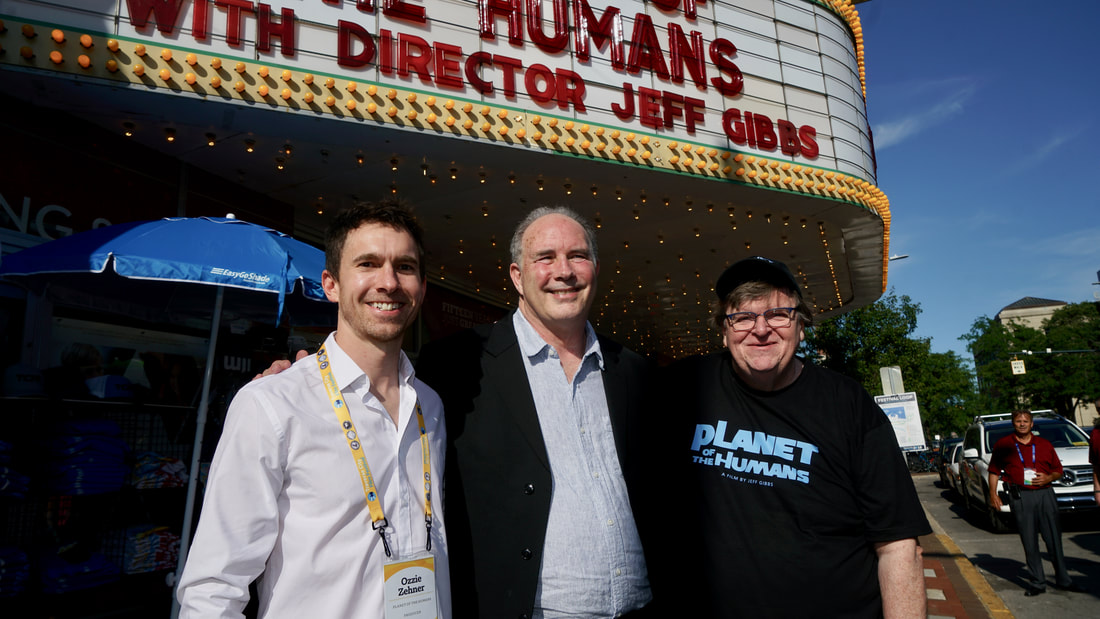
What did the film get right, and what should we do about it?
Live VIP Webinar
Tuesday, May 19
6 pm U.S. Pacific Time
9 pm U.S. Eastern Time
No Cost to Attend
Video Replay link will be provided to all Registrants

What should we do in response to the key messages of Planet of the Humans? Love it or hate it, there’s no escaping some inconvenient truths in this controversial film released by Michael Moore. Join us as we examine those truths, consider the necessary course corrections, and identify actions we can take now – to avoid terminating or greatly harming human civilization.
Our panel will share insights about the film and what they believe are the key take-aways. They’ll discuss the roles of overpopulation, overconsumption, and economic growth in the most serious environmental crises we face. Most importantly, they’ll pick up where the film leaves off: discussing what we can and should do if this film motivates us to act. See the movie free for a limited time.

Kristine Mattis
An interdisciplinary environmental scholar with a background in Biology and Earth System Science, Kristine has worked as a medical researcher, a science reporter for the congressional record in the U.S. House of Representatives, and a science teacher. She holds a PhD in Environment and Resources. Her writing encompasses issues of social and environmental justice, public health, risk, and science.

Dave Gardner
Co-host of the GrowthBusters podcast about sustainable living; co-host of The Overpopulation Podcast; director of the documentary GrowthBusters: Hooked on Growth; host of the syndicated radio series, Conversation Earth; and executive director of World Population Balance.

Erika Arias
Co-host of the GrowthBusters podcast about sustainable living; co-host of The Overpopulation Podcast; Programs & Engagement Coordinator for World Population Balance, and a childfree researcher and advocate

Brian Czech
Executive director of the Center for the Advancement of the Steady State Economy (CASSE). With a Ph.D. in renewable natural resources, his specialties intersect ecological economics, conservation biology, and public policy. The author of several books, Czech recently edited Best of The Daly News: Selected Essays from the Leading Blog in Steady State Econ






